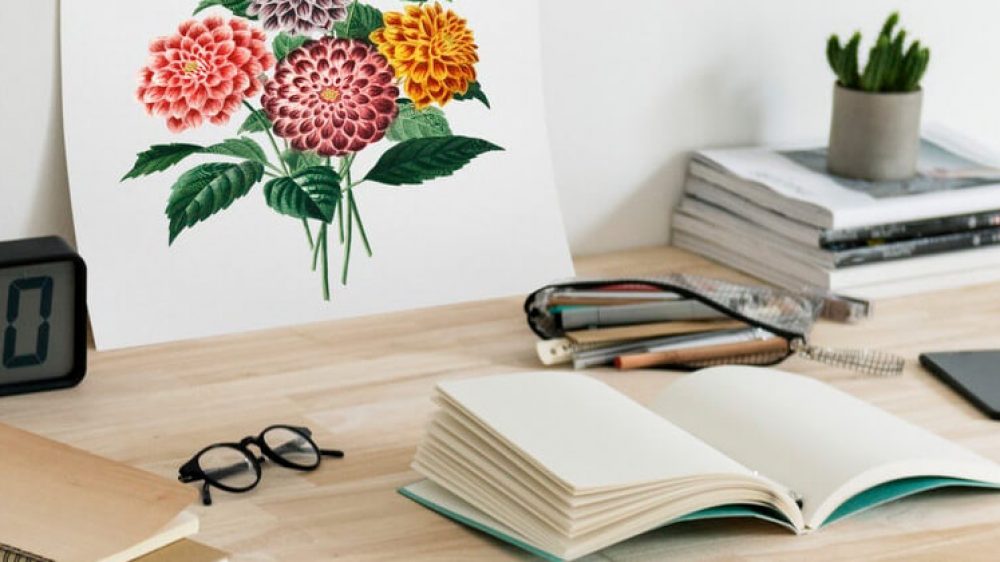
For most students, graduation is the first big test, the "test of maturity". Graduation, like everything new to us, can be scary and also raise questions about how to learn best and how to manage stress. That's why we bring you tried and tested advice and tips on how to study and how to prepare as best as possible.
How to learn?
Make a study plan . Divide the number of questions by the number of days you have and add time for revision and time reserves for unexpected events or more difficult questions. This will give you a clear idea of how much time you have for each question and you will have time to go through everything. Leave the last two days before the exam free for revision and possible catch-up (which usually comes). You will be much more relaxed.
When learning, start from the basics and gradually pack in the details and details. It's quite normal to feel like you don't remember anything after reading it for the first time. In order to remember and equip the brain, the given information must be encountered several times, so repeat .
Perceive with more senses , you will remember more and better - for example, when reading aloud, you can see, hear and say the given material. Tutorial videos on YouTube, or creating contexts and stories about the given material are also suitable.
Draw diagrams and pictures, use colors and graphic symbols for highlighting, such as arrows, bullet points, etc. All the elements that make the text special will help memorization and subsequent processing of information, because the brain perceives everything new and unconventional more. You yourself may know that during the test you will remember exactly that the given information is underlined in green in the left corner.
Use writing only in points or diagrams for hard-to-remember information - do not copy textbooks. You can try writing on post-it labels, which you then stick in visible places.
Study in blocks of time without interruptions and take breaks. Set a timer, for example, for 25 minutes, when you will not be disturbed by anything (turn off your mobile phone, notifications, etc.) and then take a 5-minute break when you change your activity (stretch, do 5 squats, make a cup of tea or check Instagram as a reward). After a few blocks, take a longer rest break.
Have a positive attitude towards learning, make it fun so that you enjoy it. Reward yourself. Thanks to a good mood, your studies will go better, you will be more efficient and more resistant to stress.

What is the best way to prepare?
Learning is very energy-intensive, the brain consumes up to 20% of the total energy, so think about sufficient rest - quality sleep and a varied and balanced diet. Sleep is also important for memorizing new information, so don't waste it. Only a rested brain thinks and perceives new information.
Do not underestimate recreational activities - it is not important how long you study, but how well. A tired brain will have a great rest during sports, a walk or a short meeting with friends.
Don't overdo it with caffeine and stimulants. We recommend using natural substances such as coffee, tea orFlow products. Beware of energy drinks and other artificial products that contain a large amount of sugar, additives and dyes.

How to manage stress and nervousness?
Don't compare yourself to others - we are all original, we have different learning styles and starting positions.
The best prevention of nervousness is quality preparation . The principle is to know at least a little about everything and above all to talk. For each question, start with a general introduction, context, then add details and specific examples - you'll make a good impression and sell your knowledge better.
It's perfectly normal not to know - embrace it and don't stress that you might not remember all the details. Even the teachers are only human and during the exam they try to help and advise you, they want it to go well.
Nervousness before the actual exam will be alleviated by focusing on the breath - notice the inhalation and exhalation. It also helps not to slouch, smile at yourself in the mirror and say something encouraging to yourself. Believe in yourself and think only of yourself, don't get carried away by nervous classmates.
Final advice - listen to your body. If it doesn't work, stop for a while and change the activity, get comfortable and then continue.


